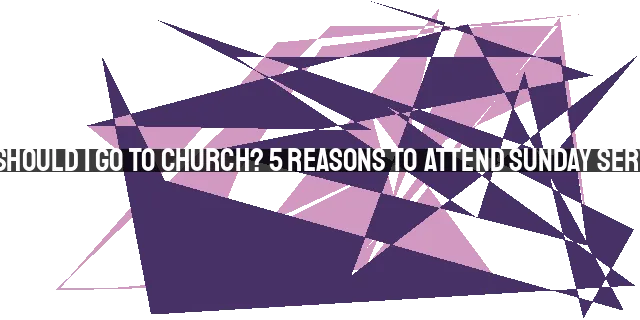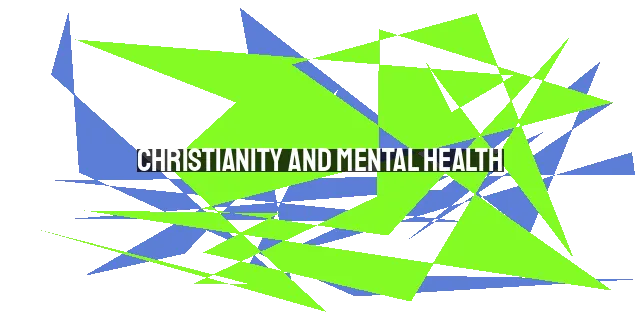The Power of Forgiveness: Choosing Joy and Love over Offense
The Joy of Forgiveness: Overlooking Offenses and Choosing Love
Forgiveness is a difficult and often painful process. It requires us to lay down our pride, our anger, and our desire for justice, and choose instead to extend grace and love to those who have hurt us. Yet, as followers of Christ, we are called to forgive as we have been forgiven (Colossians 3:13). This means not only forgiving those who have wronged us, but also actively choosing to overlook offenses and extend love and kindness to those around us.
Choosing Joy in the Midst of Offense
The world we live in is full of people who will hurt us, offend us, and disappoint us. It’s easy to become bitter and resentful, allowing the actions of others to control our emotions and our outlook on life. However, when we choose to forgive and overlook offenses, we are choosing to walk in freedom and joy, rather than allowing ourselves to be held captive by the actions of others.
The Apostle Paul writes in Philippians 4:4-7, “Rejoice in the Lord always; again I will say, rejoice. Let your reasonableness be known to everyone. The Lord is at hand; do not be anxious about anything, but in everything by prayer and supplication with thanksgiving let your requests be made known to God. And the peace of God, which surpasses all understanding, will guard your hearts and your minds in Christ Jesus.”
When we choose joy in the midst of offense, we are choosing to trust in God’s sovereignty and goodness. We are acknowledging that He is in control, and that He will work all things together for our good (Romans 8:28). This doesn’t mean that we should ignore or minimize the pain caused by the actions of others, but rather that we should choose to respond to those actions with love and forgiveness, rather than bitterness and anger.
The Example of Christ
As followers of Christ, we are called to emulate the character of Jesus. Throughout His life, Jesus forgave those who wronged Him, and chose to overlook offenses in order to extend love and grace to those around Him. In Luke 23:34, we read, “And Jesus said, ‘Father, forgive them, for they know not what they do.’” Even as He was being crucified, Jesus chose to forgive those who had put Him on the cross, rather than allowing anger and bitterness to consume Him.
Jesus also taught His disciples to forgive, and to overlook offenses. In Matthew 18:21-22, Peter asks Jesus how many times he should forgive his brother who sins against him. Jesus responds, “I do not say to you seven times, but seventy-seven times.” In other words, Jesus is telling Peter that there is no limit to the amount of times we should be willing to forgive those who wrong us.
Jesus’ example of forgiveness and love is not just a nice sentiment, but is a command for us to follow. In John 13:34-35, Jesus says, “A new commandment I give to you, that you love one another: just as I have loved you, you also are to love one another. By this all people will know that you are my disciples, if you have love for one another.”
The Power of Forgiveness
Forgiveness is not simply a nice thing to do, but is a powerful tool for healing and restoration. When we choose to forgive and overlook offenses, we are allowing God to work in our hearts and in the hearts of those around us. In Proverbs 17:9, we read, “Whoever covers an offense seeks love, but he who repeats a matter separates close friends.”
When we choose to cover an offense, rather than repeating it or holding onto it, we are choosing to seek love and unity with those around us. This doesn’t mean that we should ignore patterns of sin or abuse, but rather that we should choose to extend grace and forgiveness in the small offenses of life, rather than allowing them to fester and grow into larger issues.
Forgiveness is also a necessary component of our own healing and growth. When we choose to hold onto grudges and bitterness, we are allowing the actions of others to control our emotions and our outlook on life. However, when we choose to forgive and extend grace, we are taking back control of our own emotional well-being, and allowing God to work in our hearts to bring about healing and restoration.
Conclusion
In a world that is full of offense and hurt, it can be difficult to choose forgiveness and love. Yet, as followers of Christ, we are called to walk in forgiveness and grace, emulating the character of Jesus and extending His love and mercy to those around us. When we choose to forgive and overlook offenses, we are choosing to walk in freedom and joy, trusting in the sovereignty and goodness of God to work all things together for our good.
So let us choose today to forgive those who have wronged us, to overlook offenses, and to extend love and grace to those around us. Let us walk in the power of forgiveness, allowing God to work in our hearts and in the hearts of those around us, bringing about healing and restoration in all areas of our lives.



POST COMMENT
For post a new comment. You need to login first. Login
COMMENTS(0)
No Comment yet. Be the first :)